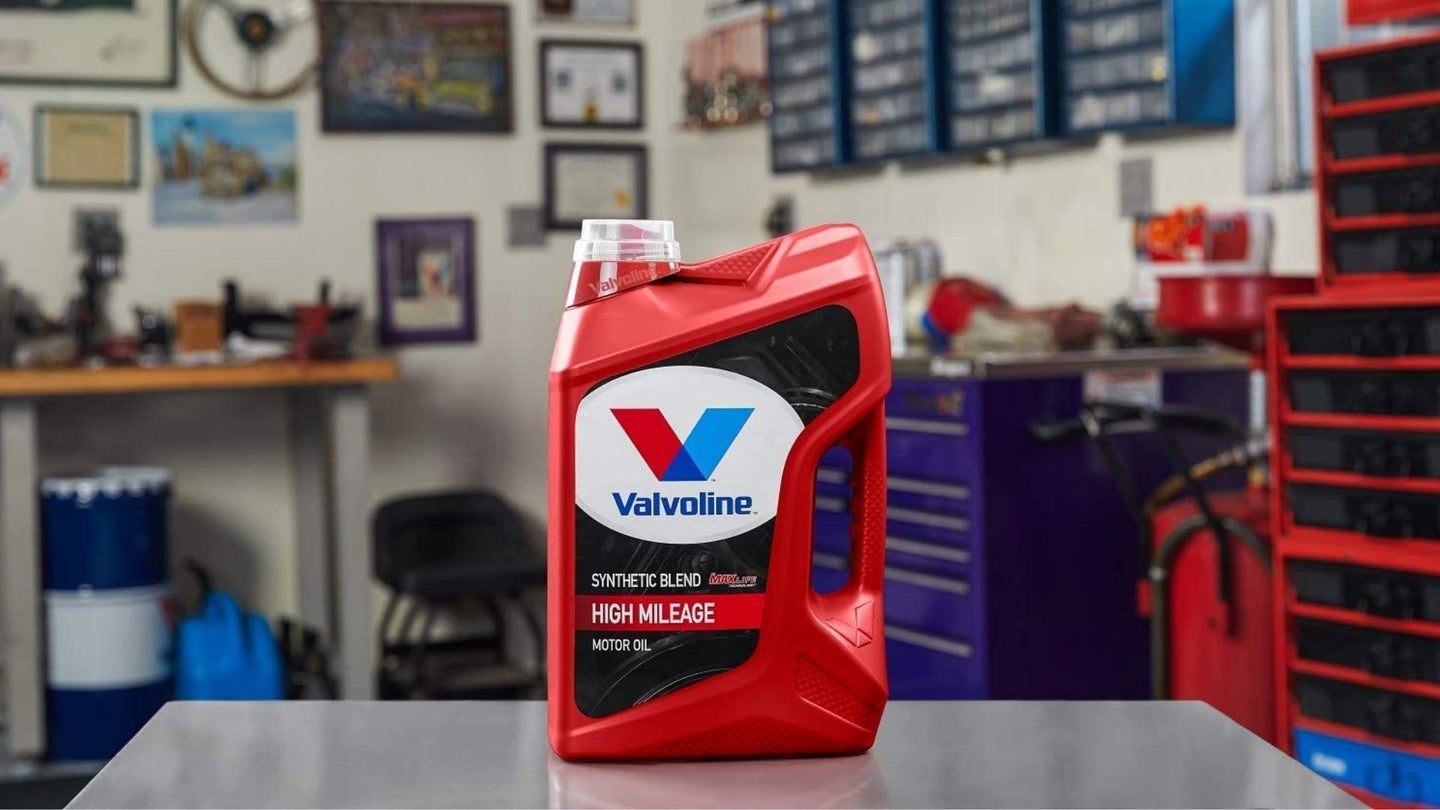
Car Transmission Maintenance: The Ultimate Guide to Ensuring Smooth Performance
Car transmission maintenance is essential to ensure the smooth operation and longevity of your vehicle’s transmission. Regular maintenance, such as fluid checks and replacements, can prevent costly repairs and extend the lifespan of your car’s transmission.
Proper car transmission maintenance is crucial for the overall health and performance of your vehicle. The transmission plays a vital role in transferring power from the engine to the wheels, allowing your car to shift gears smoothly. Neglecting transmission maintenance can result in various issues, including gear slipping, rough shifting, and even complete transmission failure.
In order to avoid these problems and ensure the durability of your vehicle’s transmission, regular maintenance is paramount. This involves checking and changing the transmission fluid, inspecting for leaks, and replacing worn-out parts. By staying on top of transmission maintenance, you can not only save money in the long run but also enjoy a safer and more reliable driving experience.

Credit: www.thedrive.com
Why Regular Maintenance Is Essential
Regular car transmission maintenance is essential to prevent costly repairs and extend the lifespan of your transmission. By staying on top of maintenance tasks, you can ensure that your transmission operates smoothly and efficiently, which ultimately saves you money in the long run.
Neglecting maintenance can lead to major issues that require expensive repairs or even a complete transmission replacement. Additionally, regular maintenance improves fuel efficiency, reducing the amount of gas your car consumes and lowering your overall fuel costs. By following a maintenance schedule and addressing any issues promptly, you can keep your transmission in optimal condition and avoid unnecessary expenses.
So, don’t overlook the importance of regular transmission maintenance—it’s the key to a smoother, more efficient driving experience.
Signs Of Transmission Problems
Car transmission maintenance is crucial to ensure smooth operation. One sign of transmission problems is delayed shifting, which can indicate worn-out components or low fluid levels. Slipping gears is another symptom to watch out for, as it can result from worn clutch plates or a faulty torque converter.
Additionally, fluid leaks can occur due to damaged seals or gaskets, leading to inadequate lubrication and potential damage to the transmission system. Regularly inspecting and servicing your car’s transmission can help identify these issues early on and prevent further damage.
By addressing transmission problems promptly, you can maintain the longevity and performance of your vehicle. Stay proactive and schedule regular maintenance to keep your car’s transmission in excellent condition.
Checking Transmission Fluid Levels
Maintaining your car’s transmission is essential for its overall performance and longevity. One crucial aspect is regularly checking the transmission fluid levels. To do this, start by locating the dipstick, which is usually situated towards the back of the engine bay.
Once found, pull it out and wipe it clean with a cloth. Then, reinsert the dipstick and pull it out again to get an accurate reading of the fluid level. Proper evaluation includes checking the color of the fluid, which should be a clear red color.
If the fluid is low or has an abnormal color, it may be necessary to add or replace fluid. Be sure to consult your car’s manual for specific instructions on how to perform this task. By keeping a close eye on your car’s transmission fluid levels, you can help prevent potential issues and ensure smoother driving experiences.
Changing The Transmission Filter
Maintaining your car’s transmission is crucial, and one essential task is changing the transmission filter. A clean filter plays a significant role in ensuring the smooth operation of your vehicle. It helps to keep the transmission fluid free from debris, preventing any potential damage.
To remove and replace the filter, you need to follow a few simple steps. It’s important to approach this task with care and precision. By doing so, you can ensure that the transmission filter is properly installed and functioning optimally, which is essential for the overall performance and longevity of your car’s transmission.
Don’t underestimate the importance of this maintenance task, as it can save you from costly transmission repairs down the road.
Inspecting And Adjusting The Transmission Bands
Inspecting and adjusting the transmission bands is crucial for car transmission maintenance. By identifying worn-out bands and adjusting their tension, you can ensure optimal performance. Regularly checking the bands can help prevent potential transmission issues and costly repairs. During inspection, look for signs of wear such as fraying or looseness.
If you notice any worn-out bands, adjustments should be made to ensure they are properly tensioned. Proper tensioning will allow the bands to engage and disengage smoothly, resulting in smooth shifts and prolonged transmission life. By staying proactive and addressing any issues with the transmission bands promptly, you can keep your car running smoothly and avoid costly transmission repairs in the future.
Transmission Flush And Fluid Replacement
Performing regular transmission flush and fluid replacement has multiple benefits for your car. A complete fluid flush helps to remove build-up and contaminants that can affect the performance of your transmission. It improves the efficiency of your car’s shifting and extends the lifespan of your transmission.
Additionally, a clean transmission fluid ensures proper lubrication, reducing the risk of overheating and potential damage. When it comes to the frequency of this service, it’s generally recommended to perform a transmission flush every 30,000 to 60,000 miles, depending on the make and model of your car.
However, it’s essential to consult your car’s manual or a trusted mechanic for specific guidelines. Regular maintenance and fluid replacement can prevent costly repairs and keep your car’s transmission running smoothly for years to come.
Transmission Inspection And Repair
Transmission inspection and repair are vital for maintaining the performance of your car. Diagnosing major transmission issues early on can prevent extensive damage and costly repairs. Professional technicians have the expertise to accurately identify problems and offer repair or replacement options that suit your needs and budget.
Whether it’s a faulty clutch, worn gears, or a leaky seal, proper inspection ensures the right solution is applied. Regular maintenance and fluid checks also contribute to a smooth-running transmission. By prioritizing transmission maintenance, you can enhance the lifespan of your vehicle, improve fuel efficiency, and avoid unexpected breakdowns on the road.
Trusting a skilled professional to handle your transmission needs will keep you driving with confidence.
Transmission Fluid Leak Repair
Car owners often face the problem of transmission fluid leaks. Identifying the source of these leaks is crucial in order to fix them. Fortunately, minor leaks can sometimes be repaired at home. Regular inspection of the transmission fluid level and color can help detect leaks early on.
It is important to check for any signs of fluid on the ground or on the transmission housing. In some cases, the leak may be caused by a loose or damaged gasket, which can be easily replaced. However, if the leak is more severe, it is recommended to take the car to a professional for repair.
Regular maintenance and timely repair of transmission fluid leaks can help ensure the smooth functioning of the car’s transmission system.
Conclusion
Regular transmission maintenance is crucial in ensuring a smooth and reliable driving experience. By following the recommended maintenance schedule and taking necessary precautions, you can significantly prolong the lifespan of your car’s transmission. Regular fluid checks and changes, as well as proper driving habits, can help prevent costly repairs and ensure optimal performance.
Don’t overlook the signs of transmission issues and address them promptly to avoid further damage. Trusting a professional mechanic and using high-quality transmission fluids and parts is essential for long-term transmission health. Remember to consult your car’s manufacturer guidelines and seek expert advice when facing transmission-related concerns.
Taking care of your car’s transmission will not only save you money and inconvenience but also improve overall driving safety and enjoyment. Don’t underestimate the importance of transmission maintenance and make it a priority in your vehicle maintenance routine.


